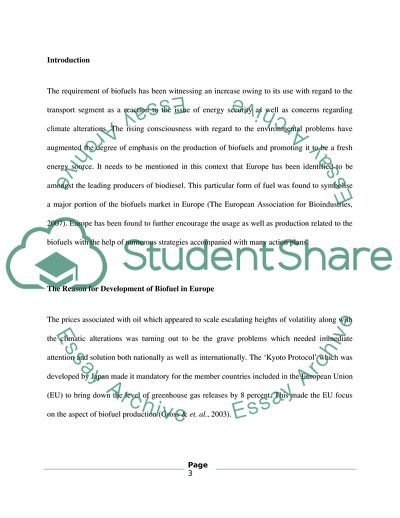Cite this document
(What Is The Current Position of Biofuels In Europe Term Paper, n.d.)
What Is The Current Position of Biofuels In Europe Term Paper. https://studentshare.org/environmental-studies/1767176-what-is-the-position-of-biofuels-in-europe-currently
What Is The Current Position of Biofuels In Europe Term Paper. https://studentshare.org/environmental-studies/1767176-what-is-the-position-of-biofuels-in-europe-currently
(What Is The Current Position of Biofuels In Europe Term Paper)
What Is The Current Position of Biofuels In Europe Term Paper. https://studentshare.org/environmental-studies/1767176-what-is-the-position-of-biofuels-in-europe-currently.
What Is The Current Position of Biofuels In Europe Term Paper. https://studentshare.org/environmental-studies/1767176-what-is-the-position-of-biofuels-in-europe-currently.
“What Is The Current Position of Biofuels In Europe Term Paper”. https://studentshare.org/environmental-studies/1767176-what-is-the-position-of-biofuels-in-europe-currently.


